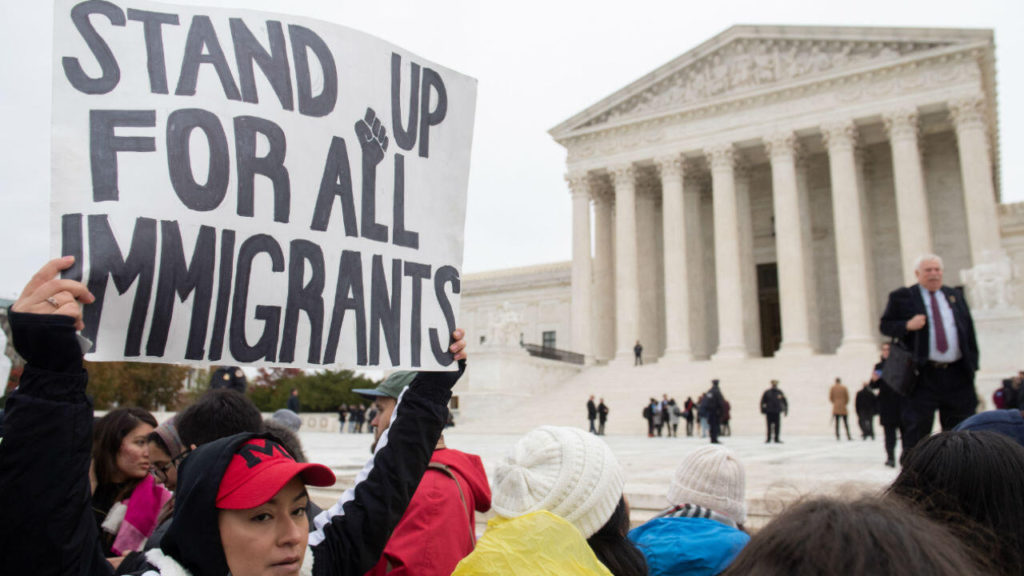
On Monday, the U.S. Supreme Court ruled that cases must be brought individually as opposed to on a class-wide basis, making it harder for migrants to challenge immigration policies in court.
In a 6-3 decision, the Court cited a 1996 statute, claiming that lower federal courts lack the power to grant relief to an entire class of immigrants. Instead, they can only grant relief to individuals suing at a determined moment, effecting barring immigration officials from carrying out some policies.
Monday’s ruling could also affect the “Remain in Mexico” case, among many others. It also means that immigrant rights activists are running out of options to quickly stop what they consider harmful immigration policies.
Justice Sonia Sotomayor wrote a partial dissent, joined by Justice Elena Kagan and partly joined by Justice Stephen Breyer stating, “The ramifications of the Court’s errors should not be ignored. Today’s holding risks depriving many vulnerable noncitizens of any meaningful opportunity to protect their rights.”
Justice Sotomayor noted the difficulties immigrants face navigating the “nation’s labyrinthine immigration laws,” and the “particularly daunting hurdles” migrants face once they are in custody.
The court case, Garland v. Gonzales, was brought by migrants who were challenging the government’s practice of detaining certain migrants for more than six months. On Monday, the Supreme Court decide on a separate case brought by an individual that the practice did not violate immigration law.
In the Gonzales case, the Supreme Court was contemplating whether a lower court had overstepped its authority, under immigration law, by giving the challengers class-wide relief in the lawsuit. The majority ruled it did, in a decision that will have major consequences for how other immigration policies are ruled on in federal court.
“It is one matter to expect noncitizens facing these obstacles to defend against their removal in immigration court. It is another entirely to place upon each of them the added burden of contesting systemic violations of their rights through discrete, collateral, federal-court proceeding,” Justice Sotomayor dissented.

Recent Comments